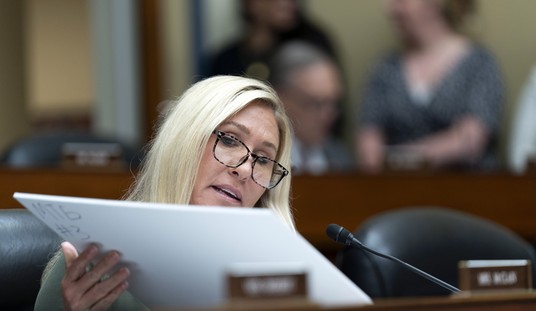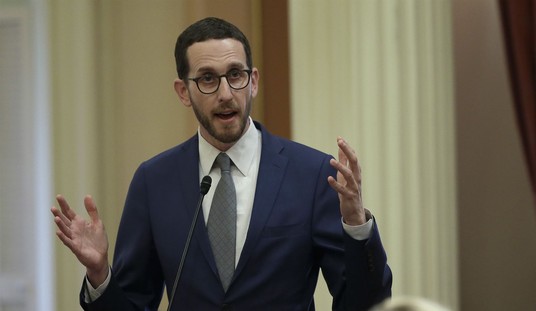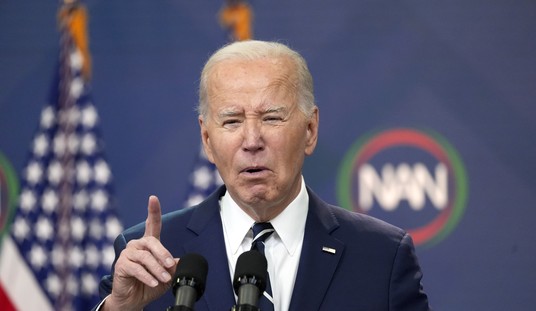How much of a surprise is this, really? According to a book published last week by New York Times reporter Carlotta Gall, our true enemy in Afghanistan was not the Taliban itself, put Pakistan — which used the Taliban as a proxy against the US and other outsiders in the central Asia region. Gall, who covered the war for more than a decade, told ABC News that not only did Pakistan push the Taliban to fight Americans in Afghanistan, they also kept Osama bin Laden safe from American efforts to find him:
Perhaps the biggest betrayal of all in the U.S.-Pakistani relationship, and one that came as no surprise to Gall, was the fact that bin Laden found shelter in Abbottabad, Pakistan, for six years before he was killed in a Navy SEAL raid in 2011. And, according to Gall, Pakistan’s government was orchestrating his protection.
“Pakistan did know,” Gall said, speaking about bin Laden’s location. “They were hiding him, they were handling him. Someone on the inside told me this. They had a special desk that knew where bin Laden was.
“Not only that, but put him there, protected him, oversaw him, handled him in the terms of the secret intelligence services,” she added. “And it’s all deniable, but I’m told the top bosses knew.” …
“Our relations with Pakistan have gone back to the same thing, and the thing that concerns me is that Zawahiri is still out there, in Pakistan, I believe,” she said. “He is also probably being hidden the same way and protected.”
The only way to be surprised by this would be to have complete ignorance of Pakistan’s involvement with the Taliban before 9/11. The ISI used the Taliban to control its northern neighbor, after partnering with the US to promote militias in opposition to the Soviet occupation from 1980-1989. They had the same relationship with Islamist extremist groups in Kashmir, too, and for the same reasons. It projects Pakistani power in support of their own goals. Even during the Pervez Musharraf era, when the Bush administration partnered with Pakistan on efforts to go after the Taliban, most suspected that Pakistan was playing both sides against each other as Musharraf never quite committed to eradicating the Taliban presence on his side of the border — even after they tried to assassinate him.
I doubt anyone in the Bush or Obama administrations were naive enough to miss the double-dealing, and it’s worth pointing out that the double-dealing appears to go both ways. Pakistan allows the US to use its airfields for drone warfare against the Taliban networks, albeit very grudgingly. That doesn’t make Gall wrong; she’s been there for more than a decade and has seen this from the ground up. But I don’t think that much of this was a surprise, either, which is one reason why the Pakistanis only found out about our bin Laden operation after the helicopters had his body on board and were leaving Pakistan’s air space.
Gall went on PBS last week to discuss this further:
http://www.youtube.com/watch?v=cYsNG8UxEfg
This could also underscore why US/NATO policy in Afghanistan required a long-term commitment. If Pakistan wasn’t backing the Taliban, then there would be no need for the US to conduct nation-building in the wake of taking down the Taliban and al-Qaeda. The only way to push back against the ISI would be to create a representative republic that could engage the Pashtuns while marginalizing their Taliban leadership, curtailing Pakistan’s influence in Afghanistan. We may not be in Afghanistan long enough for that strategy to succeed, but it would explain why we stuck around as long as we did. The only question this leaves is why Pakistan agreed to cooperate with us at all, but perhaps having an angry George W. Bush as President at the time answers that question.








Join the conversation as a VIP Member